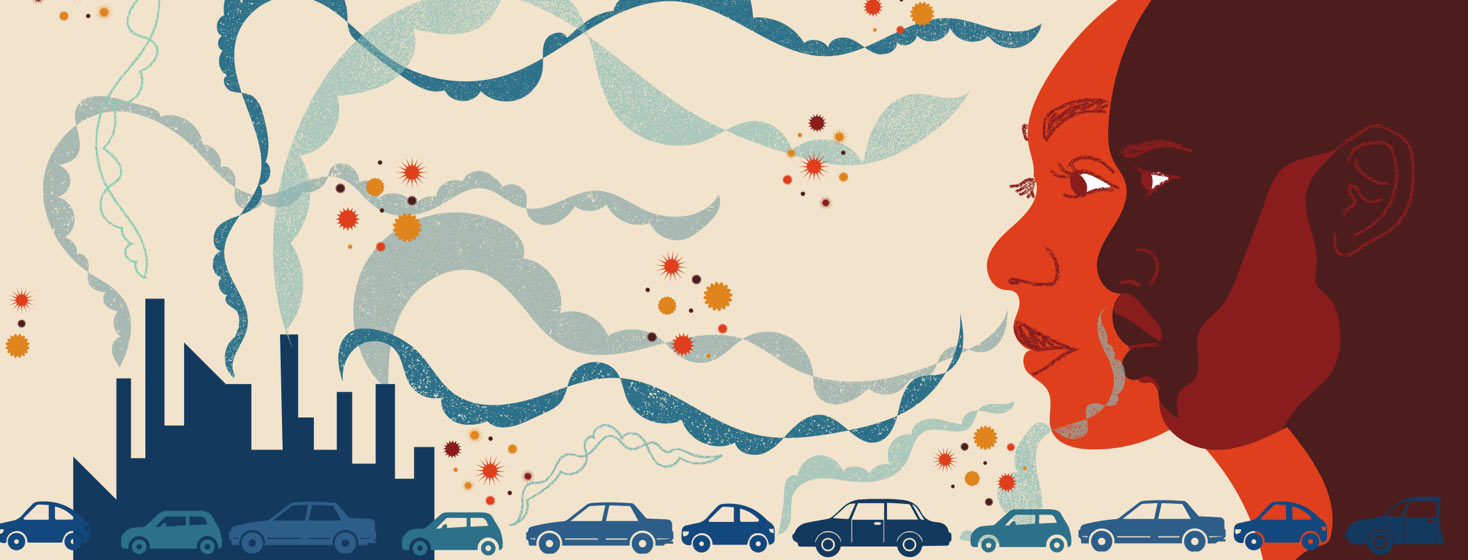How Does Asthma Affect Black Americans?
Studies show that non-Hispanic Black Americans and those with Puerto Rican ancestry have asthma most often. There are also differences in how well Black adults are treated for their asthma.1-4
Current studies show that Black adults with asthma are 5 times more likely to go to the emergency room than white people. And, they are 3 times more likely to die from asthma. Black women appear to have the highest risk of death when it comes to asthma.1-4
The trends for Black children are much the same. Studies show Black children have double the risk of having asthma than white children. Serious outcomes, including death, are 8 times higher in Black children than in white children.1-4
Asthma and Black Americans
There are many reasons for these health differences. Only some are well-understood.
First, long-term differences in social and economic opportunities may place Black Americans in situations where asthma is more likely to develop. Living conditions are a good example of this. Segregation and discrimination mean Black people may not have access to higher-paying jobs, better education, and safe neighborhoods. This creates a cycle of lower-income, unstable neighborhoods and poorer health.1-3
Next, poor communities often have higher pollution rates than other communities. Kids growing up in crowded, inner-city communities are more exposed to asthma triggers like outdoor pollution, car exhaust, rodents, respiratory infections, and more. These can all play a role in developing asthma, or it's getting worse.1-3
Asthma also may be linked to low birth weight, low vitamin D levels, and women smoking. All of these are more common in lower-income communities.1-3
Genetics may also play a role in asthma. However, doctors believe a person’s environment still plays the most significant role.1-3
One study followed a group of low-birth-weight babies across 1 state. The low-birth-weight babies in low-income zip codes consistently had higher rates of asthma regardless of race. These results suggest that where a person grows up and what they are exposed to play significant roles in who develops asthma.1-3
What are health disparities?
Health disparities are differences in health between groups of people. These differences may be caused by age, race, income, other health conditions, or where people work or live.
Lately, more attention is being paid to the health disparities of Black Americans, including their higher rates of asthma.
Changing asthma rates among Black Americans
Although change does not happen overnight, we have made some progress. Millions of uninsured Americans received health insurance under the Affordable Care Act (ACA). Insured people are more likely to see a doctor regularly, which suggests asthma may be better controlled in them.1-3
Even more promising, the rates of asthma and asthma-related conditions have declined over the last 10 years in Black Americans. One of the reasons may be that 2.7 million Black people gained health insurance through the ACA.3
Still, there is plenty of room for improvement. Fixing long-term barriers to care is at the top of the list. Improving neighborhoods and housing, job opportunities, wages, healthy food options, and access to good education and healthcare are all important.1-4
Schools also need to better train healthcare workers in ways to coach and educate people with asthma. This is especially true for people living in lower-income and minority communities. More education to reduce smoking and better care for minority pregnant women would be another great step in reducing the number of Black people with asthma.1-4
What do you think would be most helpful to improve asthma rates? Share in the comments below.

Join the conversation